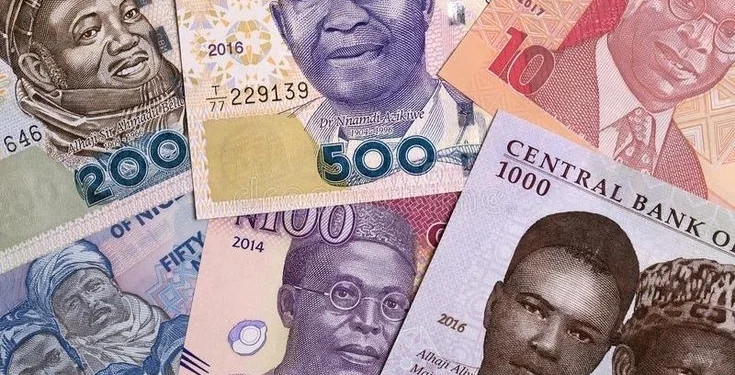Economic and financial experts have described Nigeria’s rise in external reserves to $43.4 billion, the highest in five years, as a major boost to investor confidence, Naira stability, and economic resilience.
They commended the Federal Government and the Central Bank of Nigeria (CBN) for what they called a reflection of growing fiscal discipline and the positive impact of ongoing economic reforms.
The experts, however, urged the government to ensure that the gains translate into tangible improvements in citizens’ welfare through policies that boost production, create jobs, and ease the cost of living.
Dr. Muda Yusuf, Chief Executive Officer of the Centre for the Promotion of Private Enterprise (CPPE), said the improvement in reserves showed rising confidence in Nigeria’s economy among both local and foreign investors.
“This is an indication that investors’ and citizens’ confidence is improving, which is good for the general economy,” Yusuf said, noting that much of the inflows came from foreign portfolio investments, foreign direct investments, and diaspora remittances.
He added that while macroeconomic indicators were showing progress, the government must now prioritise policies that directly impact households and small businesses.
“The government should focus on addressing the cost-of-living challenge so that the increase in external reserves can translate into tangible benefits for households and businesses,” he said.
Yusuf further called for sustained fiscal discipline and efficient public spending to prevent leakages and ensure prudent management of public debt.
Former President of the Chartered Institute of Taxation of Nigeria (CITN), Mr. McAntony Dike, also commended the government, describing the reserves milestone as “a step toward long-term economic stability.”
He said that to sustain investor interest, Nigeria must improve its business environment, strengthen policy consistency, and ensure security for businesses to thrive.
“When investors see consistency and a supportive business climate, they are encouraged to inject capital, which in turn drives growth and development,” he said.
Dike added that technology-driven monitoring systems could also enhance transparency and improve revenue efficiency.
Similarly, Mr. Sunny Nwosu, Founder of the Independent Shareholders Association of Nigeria (ISAN), described the reserves growth as a positive signal for the economy and urged the government to seize the opportunity to invest in critical sectors.
He emphasised that the real benefits of a stronger reserve position would only be felt when funds are channelled into agriculture, power, and manufacturing, thereby creating jobs and boosting local production.
“The increase in foreign reserves is commendable, but it must reflect in the lives of Nigerians. Investment in key infrastructure will enhance productivity and economic resilience,” Nwosu said.
The CBN recently announced that Nigeria’s foreign exchange reserves had surged to a five-year high of $43.4 billion, despite continued efforts to clear FX backlogs and stabilise the Naira.
The Deputy Governor for Economic Policy, Mr. Mohammed Abdullahi, disclosed this during the Nigeria Investors Forum held on the sidelines of the IMF–World Bank Annual Meetings in Washington, D.C.
Abdullahi noted that the reserves, as of October 10, were sufficient to cover 11 months of imports, while the Naira had remained stable, with the gap between the official and parallel markets narrowing to less than three per cent, compared to over 50 per cent in 2022.
He further stated that inflation had dropped to 18.02 per cent, the lowest in three years, while capital inflows and remittances continued to strengthen Nigeria’s balance of payments.





